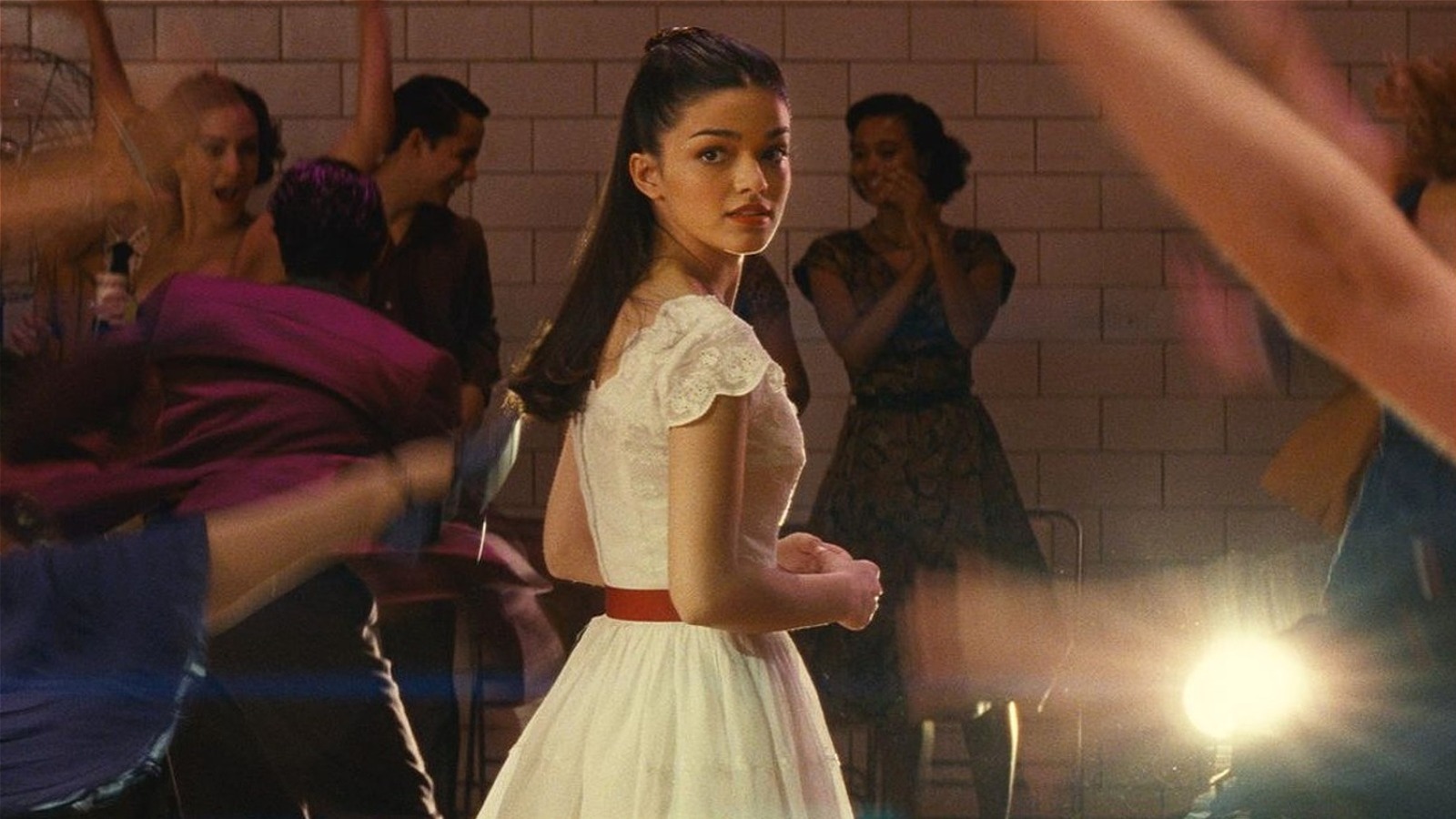 |
| The Hilltop Steakhouse in brighter days Photo courtesy of bothkindsofmusic.com |
I'll never forget being one of the vast crowds waiting boistrously in its ever-present long lines, the bustle of its enormous dining rooms, its kitschy Old-West-themed fun, epitomized by the herd of petrified fiberglass cattle out front. “The Smith party of six for Sioux City, Sioux City”, intoned over a scratchy PA by an ancient hostess in a beehive hairdo and cat’s-eye glasses, is an ineffable memory for many of us.
We can all skip the part where Frank Giuffrida -- the founder who opened The Hilltop in 1961 and built it into one of the highest-grossing restaurants in the United States by the early 1980s -- decided eventually to sell it to new owners, who through some combination of cupidity and incompetence began shepherding it through its long, slow decline into irrelevance and eventual oblivion.
The ultimately ignominious end of The Hilltop, once so iconic it was frequently name-checked as “The Hungry Heiffer” by barfly Norm Petersen on the long-running, Boston-set network sitcom “Cheers”, got me thinking about how former restaurant powerhouses lose their luster over time. Hang around long enough, and you're often faced with the question: "Did that place really go downhill, or did my tastes simply evolve past it?"
Both are true with The Hilltop, I think. Plenty of factors beyond its control pushed it into the grave: the rise of attractively-priced national chain steakhouses, the slow fade of US Route 1 roadside culture, the increasingly sophisticated tastes of and options available to the American dining public. It's a rare restaurant I revisit after a couple of decades that: a) is still thriving, and b) still delivers the same joy I remember from my youth. The restaurant business and its customers march relentlessly onward. But not every restaurant is doomed to lose its power to satisfy old hungers, to beguile with no-longer-fashionable charms.
Some of my most treasured dining experiences of the last few years consist of revisiting one of the few restaurants from my youth that my dad could afford to take his large, dubiously-mannered brood out to dinner. Decades later, my family uniformly recalled it fondly long after we had moved away from the area, often talked about it at holidays. So in my dad’s last years of failing health, we decided to bring him back there, hired a wheelchair van to do it. Confounding our muted expectations, the place turned out to be practically preserved in amber, every bit as terrific in its humble way as we'd remembered it. It still had the same icy pitchers of Bud, superb local seafood dishes (steamers, stuffies, and clams casino, particularly), hearty Italian-American fare (notably the house special, a spicy, soupy pasta with white or red sauce and littlenecks, langoustines, shrimp and scallops), and a few Portuguese specialties. (Chouriço and peppers! Pork and clams!)
They even made Manhattans just the way my pop preferred them, with Canadian rye and one of those awful neon-red Maraschino cherries in a squat, sturdy cocktail glass. The granddaughter of the owner who once took fond care of us had taken over his role, though the ancient restaurateur still kept his hand in, tottering around to inspect the place a couple of times a week. It was an uncanny, beautiful time-trip. My family remains deeply grateful for the several occasions we got to take Dad there near the end: it meant a lot to all of us, especially him, to return to a place for which we had such deep affection long ago and yet find everything we loved about it still perfectly intact. Those kind of profound, lovely restaurant experiences are too rare.
RIP, The Hilltop. RIP, all those other restaurants and bars we once loved that the inexorable slog of time has consigned to memory. RIP, oh my papa, a man who wasn’t the most worldly of gourmands -- he adored The Hilltop, too, after all -- but knew how to recognize a joint with good, unfancy, lovingly-prepared food and drink for not too much money when he saw it, share it with his family and friends when he could, and find that to be just right, just enough.



